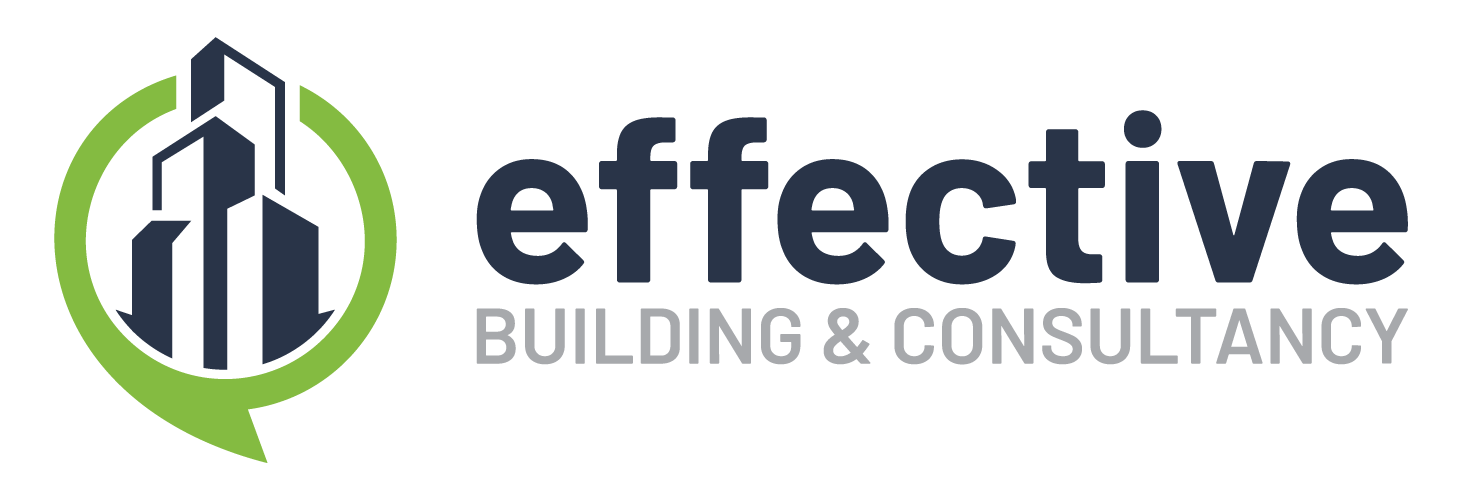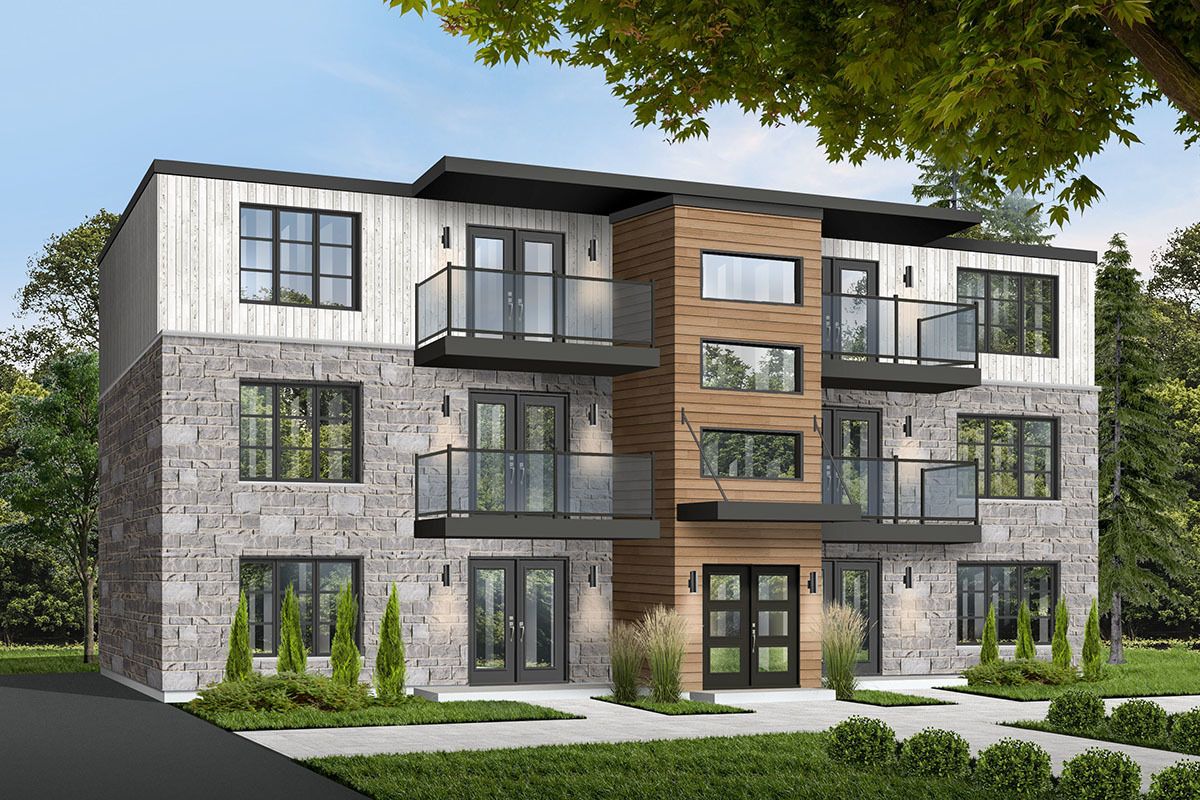
- March 1, 2021
- Effective Building
- 0
Building disputes can be a really annoying and frustrating procedure to go through, especially without the right documentation needed to prove your case put forward to the Consumer Trade and Tenancy Tribunal (CTTT). The CTTT is the dispute resolution forum for consumers, traders, and tenancy-based matters to obtain outstanding money.
Why Building Disputes Arise
Building disputes arise because of disagreements between the parties on a contract. They are due to a violation of the building contract and the obligations set forth therein. Building disputes may also arise when there are:
- Lack of understanding the building contract’s conditions
- Contract delays
- Failure to administer the contract and
- Incomplete claims being made by the parties involved
While building disputes don’t constitute a contract breach, they may become one and even lead to contract termination or a claim against the contractor’s surety bonds. All parties on a contract may take proactive steps before the project begins. This way, the possibility of building disputes is reduced.
6 Tips to Resolve Building Disputes
When drafting the building dispute resolution clause, there are six resolution methods at hand. These are:
1. Negotiation
A negotiation clause includes the agreement that the two parties, a contractor and project owner, will attempt to reach a just resolution between themselves before moving on to other means.
2. Mediation
A mediation clause suggests an independent third party’s inclusion to mediate in the building dispute resolution process. This isn’t legally binding in any way but can be an effective way out of a situation that could be damaging.
3. Expert Determination
Expert determination is an alternative to mediation which is used to resolve disputes of a specialist nature. This means you’ll require a specialist’s opinion. This isn’t legally enforced like the mediation but can save both parties from more time-consuming procedures.
4. Adjudication
The adjudication method includes a neutral third party. Unlike the mediation, the adjudicator will decide, whereas the mediator will assist parties to find the resolution. Adjudication clauses may include an application to the court to enforce the adjudicator’s decision if it isn’t resolved.
5. Arbitration
If the parties decide on arbitration, they will have a neutral third party enter the situation to resolve it. In arbitration parties, the arbitrator has the relevant experience to engage in the matter. The arbitrator considers the facts and documents that concern the situation. This can help to decide that favours one side if the parties fail to achieve consensus.
In this case, arbitrations can be legally binding. The arbitration costs can be higher than other methods, sometimes as high as legal proceedings.
6. Litigation
If both parties didn’t find any other way to resolve the issues, litigation is the final method. Litigation involves a trial, legally binding and enforceable, but can be appealed.
Litigation can be the most thorough, complex, and costliest way of resolving building disputes. This is why most parties will try other methods before opting for litigation.
Case Scenario of Building Disputes
There was a case where a client had a home extension complete to their property. However, there were major defects to the extension made, and rectification work was required immediately. The builder who completed the extension was not very co-operative, and they didn’t come out to the client’s constant calls for rectification work to be complete.
The builder had been paid the full amount for the works carried out, which was one of the main reasons they did not listen to the client and come out to rectify their defective work. After some time, after the client had continuously hassled the builder and no appropriate response was received, the client finally decided to dispute the matter at the CTTT to resolve the matter and recover any monies lost for the defect work still needing to be done to her property.
Obviously, without the appropriate documentation stating that there was negligence done on behalf of the builder in rectifying any defects, work was needed for the client to succeed in her CTTT dispute. The client obtained a CTTT report from Effective Building & Consultancy, which helped her prove her dispute, as the report showed the clear and major defects found with the property extension complete by her builder. The client won the dispute and received money from the builder to have the works rectified by a newly chosen builder.
How Can Effective Building & Consultancy Help with Building Disputes?
Effective Building & Consultancy specialises in providing evidence and advice for building and construction projects essential for court evidence. Elie can be an expert witness who can back you up by appearing in court where oral evidence is necessary. This gives you the independent source of facts, allowing you to settle building disputes and argue in a better position.
Elie informs you of the nature of the problem and advocates all the parties involved to ensure that everyone engaged can rectify the problem to get the client’s satisfaction. We guide our clients from the initial problem through to a complete resolution of building disputes.
Effective Building & Consultancy can bring independence and fairness to the table when representing you in building matters. This means that our only interest is to ensure that we rectify your building at the level of price and quality you’re expecting and with no hidden surprises. Elie’s expertise in handling building disputes ensures that projects are completed to everyone’s satisfaction.
With a strong reputation in the building, strata, and legal community, and approach and methodology to building matters that have been refined over almost 20 years, it’s no wonder that Elie Farah is one of the most trusted building consultants in Sydney when it comes to building disputes, doing inspections and submitting reports.
For more information about building disputes, visit our Help Centre.
Suppose you are planning to work on multi-story units. In that case, you may find yourself wondering if you should Read more
Project managing at Balmoral Beach! A luxurious dual occupancy with basement parking and landscaping works. Huge thanks to Corben Architects for Read more
This week we helped a client for whom we did project management to remove contaminated soil from the site and Read more





